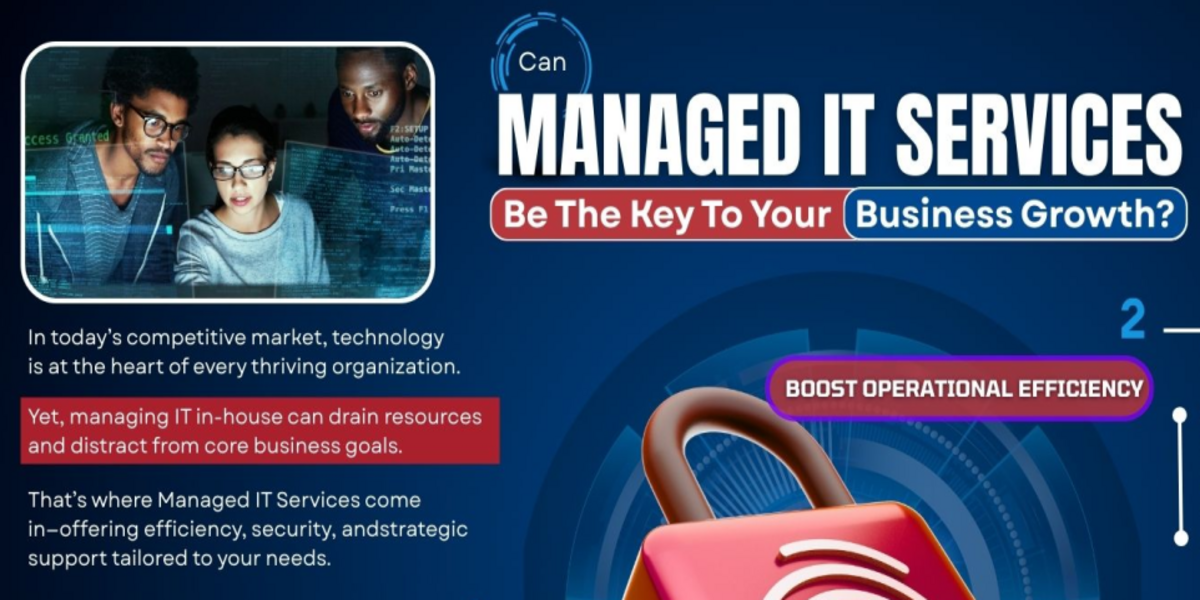COVID-19 has changed the modus operandi in every industry and sector. Organizations are quickly adapting themselves to new working protocols and realities. Since many organizations operating in the service-based sector have completely or partially moved to remote working, the security professionals taking care of their network security have to adopt alternative IT security measures.
IT professionals who have had to manage in-office digital work environments now have to take care of loosely bound remote workspaces. This drastic change in the nature of the work environment has posed new challenges to security professionals. Many of the remote working security challenges can’t be taken care of through conventional security measures used when an organization operates from a physical location.
This post will try to cover all alternative IT security measures that professionals need to fortify remote workspaces’ cyber security.
Alternative IT Security Measures for Remote Workspace
Review the List of Software Applications Used by Remote Workers
There is a list of software and applications that workers would need to operate from a remote location. From video conferencing apps to remote desktop software and online office suites to cloud platforms, various tools and applications make the software division of remote working regimen.
It is the job of IT experts and security specialists to ensure there exists a synergy among the entire remote workforce with the use of these software solutions. First of all, IT experts need to vet all the new software applications connected and synced with the organization network.
Whether it is a team chat app or a remote project management software, in-house IT experts have to assess every software and application for its security features. Once experts vet all these applications, they have to ensure that every remote user has installed it on their devices.
This software homogeneity in a remote workspace can help security experts guarantee that no weak link exists across the network.
Make an Endpoint Protection Policy and Implement It
IT specialists and security experts in any organization are in complete control of all the workstations at the physical offices of the organization. However, this control wears down when workers start using the organizational network from different endpoints. To make sure you don’t lose grip on the network security, even if it has moved to a remote workspace, you need to devise a robust endpoint security regimen.
Regular antivirus programs and anti-malware software on remote workers’ devices are not enough to ensure endpoint security. You need to extend it beyond this conventional setting and reinforce it with many new features. Let’s take a quick look at the elements that make an effective endpoint protection regimen.
Endpoint Detection and Response System
For starters, you need to work with the Endpoint Detection and Response system. Some experts also refer to it as Advanced Threat Protection (ATP). It is more proactive and advanced than regular anti-malware solutions in scanning, detecting, and investigating the infiltration of malicious codes or any other suspicious activity on hosts or network endpoints.
Data Loss Prevention
Besides EDR systems, you can use Data Loss Prevention (DLP) modules to ensure no data breach happens at the remote endpoints. Data loss prevention establishes a strict file tagging system to track data usage on endpoints and detect and prevent the exfiltration of sensitive data.
Improved DNS Security
Another way to ensure foolproof endpoint security is that you enhance DNS security. It is easier to execute and implement than DLP modules because you can use third-party software solutions that leverage machine learning and artificial intelligence. With these state-of-the-art features, these advanced DNS security applications provide a layer of security not present in basic DNS services.
These are some of the features that enhanced DNS security can provide at endpoints.
- Blocks connections to blacklisted and known malicious sites even before an endpoint connection establishes.
- Provides a more detailed inspection of activities across all devices and ports that is not available otherwise.
- Aborts reach-backs to malicious sites executed by malware lingering within the network.
Double-Check If Remote Access to Network Doesn’t Open Floodgates to New Threats
While setting up a remote working space, you need to reassess if it doesn’t make the organizational network more vulnerable to cyber threats. For instance, when establishing a remote desktop protocol, make sure you carefully choose the connection port. For instance, IT security reports suggest that cybercriminals try to target open RDP servers established through Port 3389.
First of all, avoid establishing open remote access. But if you have to set up one, make sure that the firewall is configured to allow only those static IP addresses used by your team.
Establish Privilege for Network Security
Security professionals need to establish network security privileges to keep digital infrastructure remote access remains in check. If you have established a remote working space through virtual machines, putting this measure in place is all more important.
Usually, the network privilege setting classifies users into three types: super users, standard users, and guest users.
- Super Users: As the term indicates, these users have access to every nook and corner of the system. They can make changes across the network. They also get the authority to install new applications and modify existing settings and user data. Organizations should provide the Super User privilege to a handful of trusted employees working in authoritative positions.
- Standard Users: They are called the least privileged accounts and mostly give access to a particular set of applications. For instance, a designer gets access to illustrator software and Outlook. Similarly, an accountant gets access to MS Office. A good practice is to have the entire workforce works as Standard Users.
- Guest User status is mainly used for third-party contractors. The privilege for a guest user depends on their nature of work.
By offering these alternative IT security measures, IT experts and security professionals can ensure their services remain valuable to organizations and help them keep their remote working environments safe and secure.
If you are looking for cyber security services in Markham that can help your remote workspace security, contact Microsys. We offer our expertise in conventional as well as alternative IT security measures for SMEs all across the industrial spectrum.



